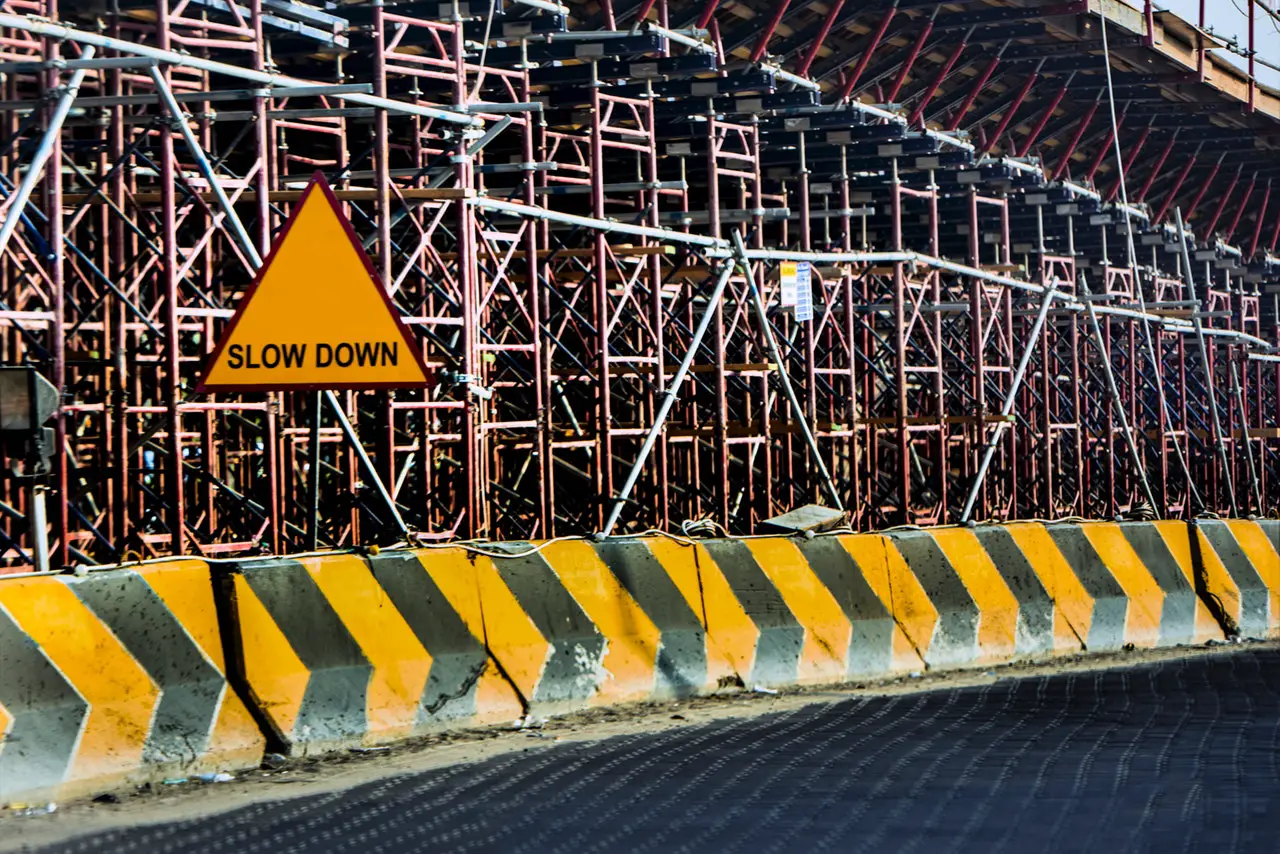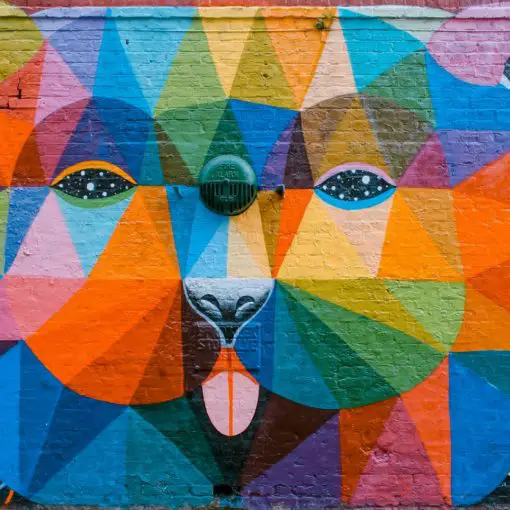Critical thinking is typically needed when graded performances and livelihoods are involved. However, its true value shines outside of academic and professional settings. When we have the power to think critically, we’re not only going to get recognized at school or at work. We also become better at solving personal problems, making crucial decisions, and maintaining good relationships with others.
No Openminded Person is Completely Infallible
In a perfect world, a person who always makes the effort to develop his or her thinking will make the right choices every single time. Unfortunately, we already know that that’s not how things operate. No matter how much we keep our minds open to new experiences and alternate viewpoints, we are not exempt from missing the point sometimes.
Yes, practicing critical thinking is bound to improve our thought processes and our whole understanding of the world. However, that is not enough to keep us from failing to exercise our best judgment in certain situations.
When we’re trying to develop a skill, we shouldn’t only focus on improving what we’re already good at. If we wish to become undeniably better, we should also look at what we’re bad at. Once we acknowledge our weaknesses, the room for growth becomes all the more limitless.
Barriers to Critical Thinking: What is Clouding Your Judgments?
There will be moments when we’ll lose sight of our problems’ best solution because something prevents us from moving towards the right path. Something is clouding our vision and holding us back from realizing that we are doing things wrong. These are the barriers to critical thinking.
- Egocentric Thinking
This kind of thinking focuses too much on oneself. People who are egocentric thinkers are so consumed by their self-narratives and self-interests. They fail to consider other people’s ideas and thoughts. Sometimes they may not even be aware that they’re doing it.
Egocentric thinking usually stems from extreme closemindedness. If we wish to overcome this barrier, we should start being mindful of other’s needs. Our minds will gradually open up once we realize that their perspectives are as valid as ours.
- Biased Experiences
The biased view of our experiences stems from egocentric thinking. While the saying “experience is the best teacher” rings true, our views of our experiences are usually distorted because of how it made us feel. When we’re too stuck inside our heads, this can lead to a cycle of self-delusion.
To get out of our biased experiences, it is important to question ourselves multiple times if we are thinking of our situation rationally. A good way of confirming this is to ask our trusted friends what they think. We must choose someone who can tell us things as it is –– someone who isn’t afraid to speak the truth even if that’s not what we want to hear.
- Arrogance and Intolerance
Another offshoot of egocentric thinking are arrogance and intolerance. These two characteristics can set anyone back because it is often a result of a bloated sense of self. When someone believes in themselves too much, they refuse to see that others may have better ideas.
Arrogance and intolerance mainly stem from the fear of failing –– resulting in wanting to be right all the time. To combat this, we must learn to let go of the stubborn need to be right. Life is not simply about getting ahead of everyone else.
- Schedule Pressures
Working against time can often cause people to think poorly and make the wrong decisions. While it is true that time is of the essence, unrealistic expectations will just result in a vicious cycle of shortcuts, procrastination, and unnecessary stress.
Oftentimes we underestimate the time and effort it takes to get things done, leading to the pressures of having to work within tight and unreasonable schedules. To break out of such a vicious cycle, we must learn how to properly plan things out before we even start. This will save us from wasting time and resources that we will never get back.
- Drone Mentality
This mentality typically happens when we become too comfortable with the status quo. We begin to act without thinking, without paying attention to the world around us, like we are on autopilot. We forget how to act in the face of new challenges and would rather stay within our comfort zones.
To wake ourselves up from autopilot mode, it is important to constantly expose ourselves to things that excite us. This can be hard to do on our own, so it definitely helps to surround ourselves with people who will inspire us to go after personal growth.
- Social Conditioning
One of humanity’s biggest problems is its inability to accept each other. More often than not, our refusal to accept others is a result of social conditioning from the moment we are born. We are taught to believe that certain stereotypes are the absolute truth.
This is why it’s important to recognize that our way of life is not the only right way to live. Once we choose to see beyond the stereotypes, we will learn to get rid of beliefs that only cause more harm than good.
- Groupthink
When every form of media you come across expresses the same train of thought, people are bound to think that what they’re saying is the norm. This is another facet of social conditioning, and it becomes very dangerous when no one bothers to question the information that they’re being fed.
Depending on what is being established as the norm, it can be uncomfortable to go against the group’s tide. But to be a critical thinker means you have to continually ask if something makes logical sense. It’s about upholding your principles when you know that something clearly isn’t right.
To successfully avoid running into these harmful barriers, we must first become aware of what they are, and that we are not immune to them. When we know what we should consciously avoid, we allow ourselves to make informed decisions and become better at practicing the best critical thinking techniques.





